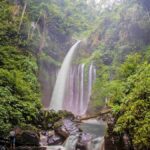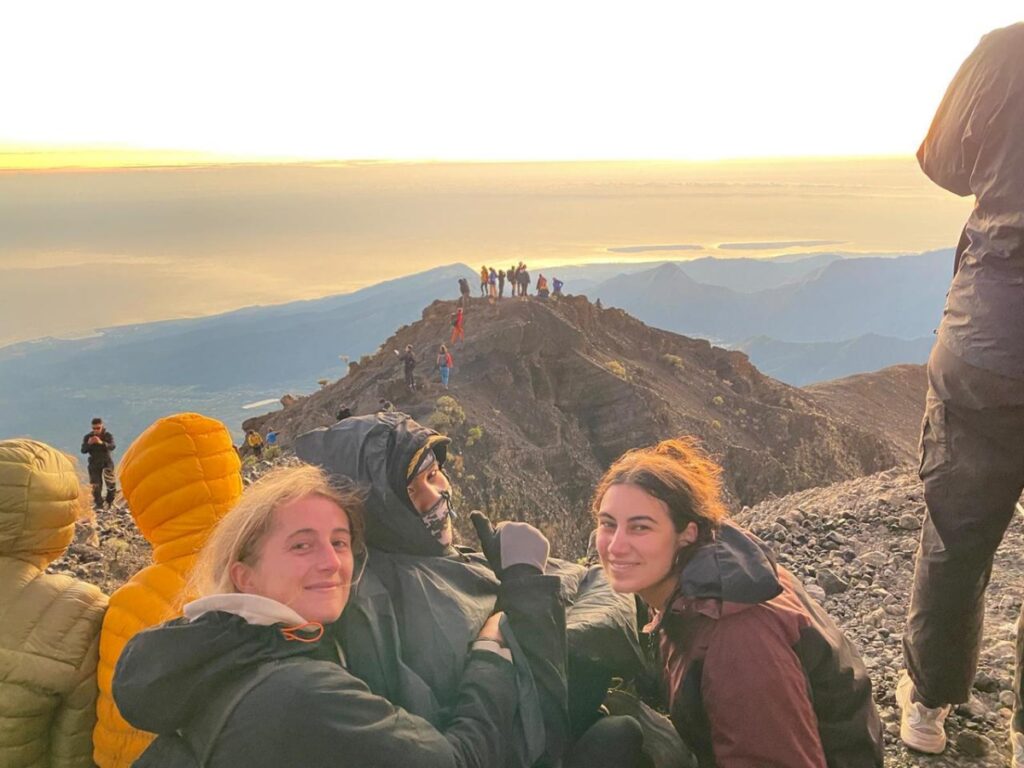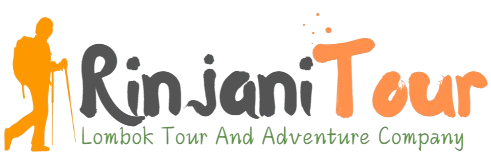

Mount Rinjani (3,726 m) is Indonesia’s 2nd-highest volcano, offering breathtaking views and a life-changing adventure. However, its challenging terrain, unpredictable weather, and high altitude demand serious preparation. Every year, injuries and evacuations occur due to underestimated risks. This guide focuses *exclusively on safety* to ensure your Rinjani climb is triumphant, not tragic.
– Steep, unstable trails with loose scree & volcanic rock
– Rapid weather shifts: Fog, rain, and cold (near-freezing summit)
– Altitude sickness risk above 2,500 m
– No emergency infrastructure on the mountain
– Mandatory local guide system (enforced since 2018)
—
✅ Verify License: Ensure they hold a Rinjani Trek Management Board (RTMB) permit.
✅ Guide Experience: Ask about guide training (first aid, altitude sickness response).
✅ Porter Welfare: Ethical operators provide fair pay, proper gear, and load limits (<25 kg).
❌ Avoid cheap “backstreet” deals—safety shortcuts cost lives.
– Train for 6+ weeks: Focus on cardio (hiking, stairs) and leg strength.
– Practice with Gear: Break in hiking boots before the climb.
– Realistic Itinerary: 3D2N is safer than 2D1N for acclimatisation.
– Footwear: Ankle-supporting hiking boots + spare socks.
– Layers: Thermal base, fleece, waterproof jacket, gloves, beanie.
– Headlamp (essential for summit night).
– First Aid Kit: Blister plasters, painkillers, diarrhoea meds, and personal meds.
– Water Purification: Tablets/filter (min 3L/day capacity).
—
– Ascend Slowly: Don’t “rush—”Pole Pole” (slowly, slowly) saves lives.
– Hydrate Constantly: Drink even if not thirsty.
– Know Symptoms: Headache, nausea, dizziness = STOP & inform your guide.
– Descend immediately if symptoms worsen (only cure for AMS).
– Never hike alone—trails are poorly marked.
– Follow guide instructions regarding weather, pace, and rest stops.
– Communicate fatigue or discomfort early.
– Summit Attempts: Abort if there’s wind, rain, or poor visibility.
– Steep Sections: Use trekking poles for stability on loose descent scree.
– Camp Safety: Secure tents away from cliff edges and landslide zones.
– Avoid untreated water—use purification.
– Confirm meals are freshly cooked and hot.
– Pack high-energy snacks (nuts, chocolate, energy bars).
—
1. Emergency Contacts: Save the RTMB Office (+62 370 6608874) and your operator’s number offline.
2. *Evacuation Insurance:* Mandatory—ensure your policy covers helicopter rescue.
3. Satellite Phone: Ask if your guide carries one (many reputable operators do).
—
– Monitor Health: Seek medical help if experiencing severe fatigue, cough, or leg pain post-trek.
– Report Issues: Inform RTMB of unsafe trail conditions or guide negligence.
—
– Guide & Operator Choice = 70% of your safety. Don’t compromise.
– Respect Altitude: Acclimatise, hydrate, and descend if needed.
– Weather Dictates Decisions: Turn back if conditions worsen.
– Insurance is not optional.
– Fitness Prevents Fatigue-Related Accidents.
—
Climbing Rinjani is an epic achievement—but only if you return safely. Prioritise preparation, heed your guide, and respect the mountain’s power. Your safety is the summit that matters most.

Rinjani Tour is a premier Rinjani trekking tours company with decades of combined experience on the mountain. We specialize in hiking Mount Rinjani and Lombok Island tours. We run our own tour operations, staffed with expert mountain guides and tour operators.
rinjanitour.id@gmail.com
+62 81973204404
+62 81973204404
Copyright ©2025 Rinjani Tour Company. All Rights Reserved
